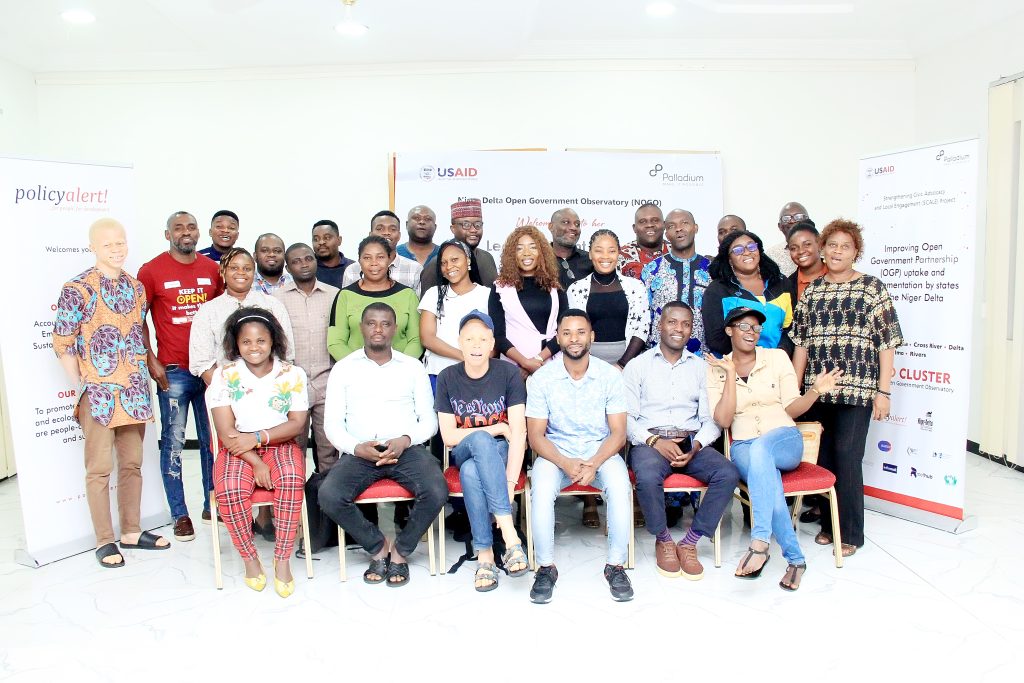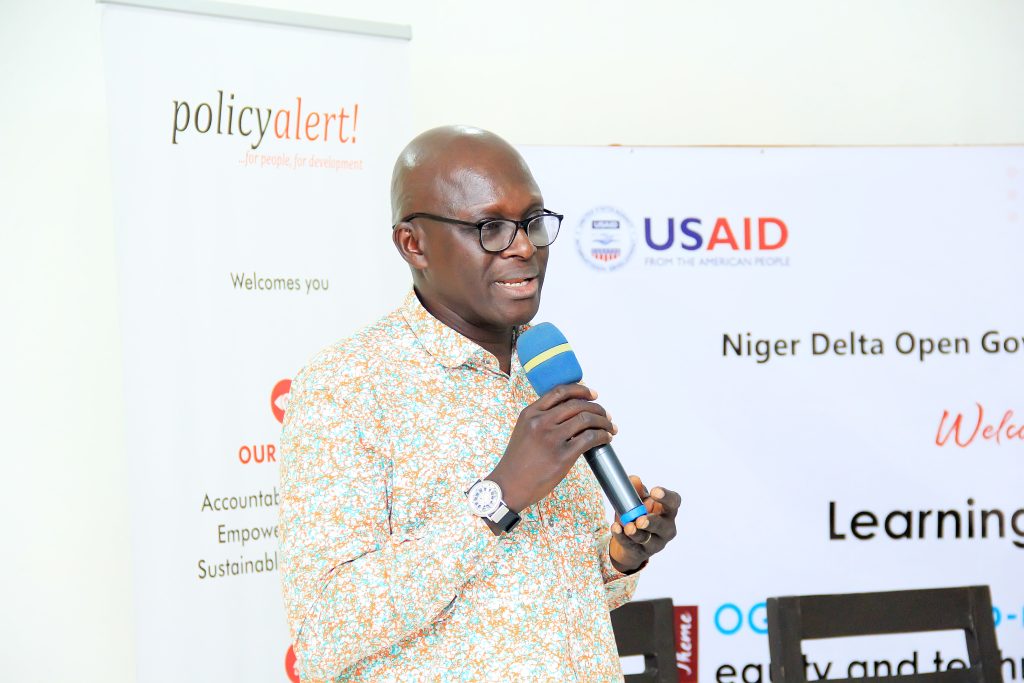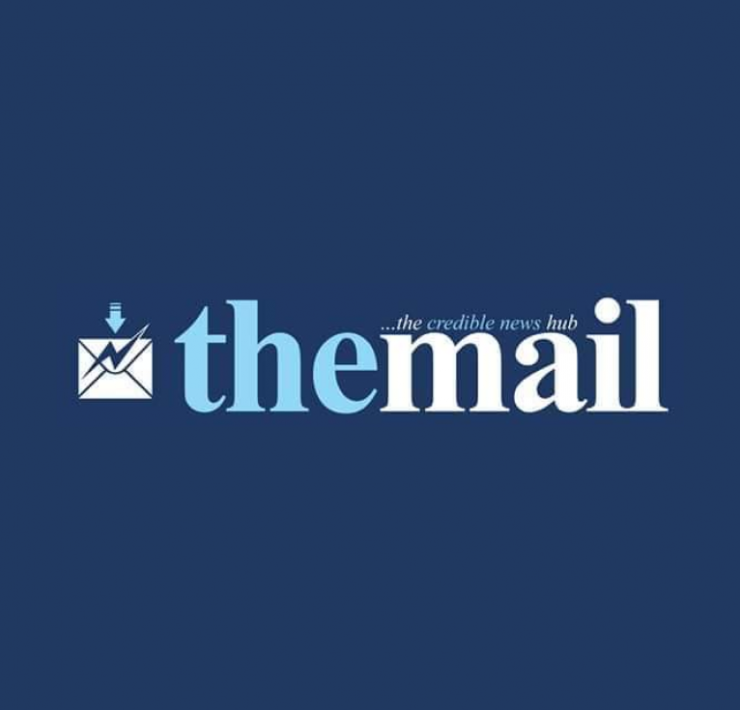Akwa Ibom not signed on to Open Govt. Partnership despite efforts- Civil Society Adviser

Akwa Ibom State has been named among few states in Nigeria that are yet to sign on to the Open Government Partnership (OGP).
The OGP is a multilateral initiative that provides an opportunity for government and civil society reformers to promote open government, empower citizens, fight corruption, and harness new technologies to strengthen governance.
However, Civil Society Adviser of the OGP National Functional, Uchenna Arisukiru, while speaking in Uyo, during Policy Alert’s One-Day Experience Sharing and Learning Session between OGP reformers in Akwa Ibom and other Niger Delta States, disclosed that the Akwa Ibom State government was yet to sign on to the partnership, despite efforts by different Civil Society Organisations within and outside the state.
He further said that 25 state governments have appended their signatures to the OGP in the country.
“25 states of the Federation have signed on to OGP, minus Akwa Ibom. The Akwa Ibom situation, we don’t know if we need divine intervention because I know plenty of efforts have gone into getting Akwa Ibom sign unto OGP. It’s not just about signing the OGP, we also need to look at the functionality of the OGP because it can exist in form, but the functionality is a different thing”, he said.
In his remarks at the event which had as its theme ‘OGP at the Sub-national Level: Can Gender Equity and Technology make a difference?’, the Executive Director of Policy Alert, Tijah Bolton Akpan, said the event was organised to deepen conversations on gender inclusion, with regards to OGP, especially, in the Niger Delta.

He appreciated resource persons and participants for finding time to grace the event despite their tight schedules.
At the event, Co-founder of the Roothub, Francis Onuk, said technology should be simplified and made interesting, especially, for women and civil servants, as it would boost their participation in OGP uptake.
The event was attended by heads of government agencies, NGOs, the media and persons with disabilities.









